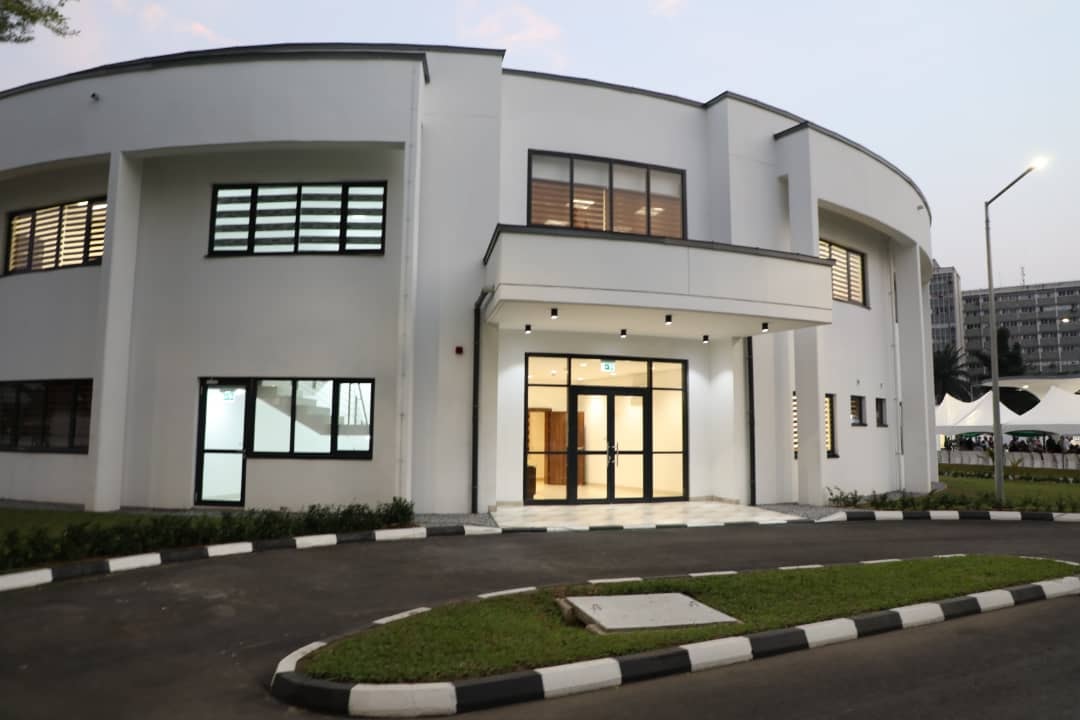Business
Firm Urges FG To Attract Foreign Investment

Multinational professional services firm, EY has advised the Federal Government to improve on its investment attractiveness as a way of building on previous year’s fortunes.
Senior Partner and Head of Markets, EY West Africa, Ashish Bakhshi, while sharing insights on a newly released report on Foreign Direct Investments for 2022, said Nigeria needed to improve on FDIs to achieve the ambitious targets it had set for itself to reduce poverty and build a sizeable middle class by 2030.
“Africa’s leaders will need to adopt pragmatism as they respond to a new geopolitical world order so that its member states can optimize the full spectrum of inbound investment opportunities, which will be essential in meeting Africa’s aspirations for a more equitable, wealthier and urbanised middle-class society”, the report read in part.
It stated further that “Last year saw Africa’s return as a top investment destination hub for global investors. The continent had struggled to attract investment since the onset of COVID-19 and took longer than other regions to recover, as a result of its delayed vaccine rollout and therefore its ability to reopen its 54 national economies.
“To this, its growth lagged pre-pandemic levels for longer than it did in mature markets, setting back the ambitious targets it had set for itself to reduce poverty and build a sizeable middle class by 2030.
“The new report, released by EY, a global multinational professional services firm, uncovered that FDI attracted more than 730 projects across the continent in 2022, injecting $194 billion in capital and creating 154,000 jobs.
“Significantly, Egypt saw a record of $ 107 billion in capital for its 149 FDI projects. In East Africa, Kenya dominated the FDI landscape while Nigeria was the leading country in West Africa.
“The countries came in third and fourth respectively for the largest FDI regions on the continent”.
The EY’s 13th Africa Attractiveness report tagged “A Pivot to Growth”, provides insights into the continent FDI, exposing that the 2022 calendar year saw a strong FDI rebound, led by Renewables inflows, with the West being the largest investor, while the North and Southern hubs of Africa were key beneficiaries.
A notable highlight of the report shows that CleanTech became the largest FDI recipient sector in 2022, leading Africa’s FDI for the first time.
Business
Fidelity Bank To Empower Women With Sustainable Entrepreneurship Skills, HAP2.0
Business
President Tinubu Approves Extension Ban On Raw Shea Nut Export
Business
Crisis Response: EU-project Delivers New Vet. Clinic To Katsina Govt.
-

 News3 days ago
News3 days agoAmend Constitution To Accommodate State Police, Tinubu Tells Senators
-

 Politics3 days ago
Politics3 days agoSenate Urges Tinubu To Sack CAC Boss
-

 News2 days ago
News2 days agoDisu Takes Over As New IGP …Declares Total War On Corruption, Impunity
-
Business3 days ago
President Tinubu Extends Raw Shea Nuts Export Ban To 2027
-
Business3 days ago
Crisis Response: EU-project Delivers New Vet. Clinic To Katsina Govt.
-
Business3 days ago
President Tinubu Approves Extension Ban On Raw Shea Nut Export
-
Sports3 days ago
NDG: Rivers Coach Appeal To NDDC In Talent Discovery
-
Rivers3 days ago
Etche Clan Urges Govt On Chieftaincy Recognition

